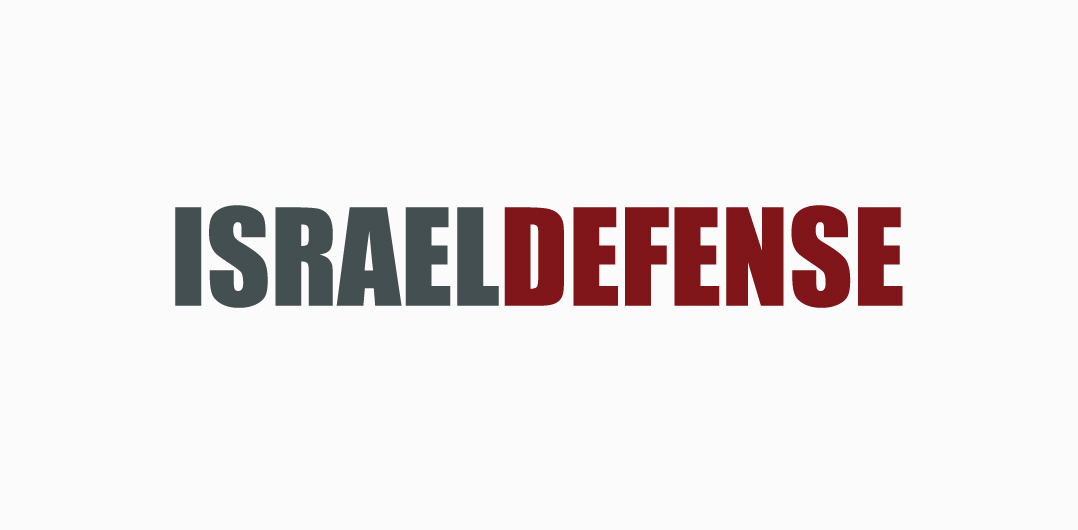Franco said that the COVID-19 crisis caught him in the middle of the night, while in the war room during the election cycle.
“I asked myself what is the impact of COVID-19 on Israeli daily life? What would be the impact of our cyber routine? Do we have a pandemic protocol that correlates to cyber? The answer was no,” he said.
Two days later, following discussions with senior staff, Franco decided to adopt the closest protocol available – the cyber war protocol.
“This put us with feet on the [right] track,” he said, explaining that the INCD secured everything from local farmers to hospitals, corona apps, oxygen manufacturers, breathing machine manufacturers as well as toilet paper manufacturers and alcogel manufacturers.
“If two years ago someone were to tell me that alcogel is critical infrastructure I would’ve laughed at them, but right now alcogel is critical infrastructure,” he said.
Franco said the INCD opened a cyber war room in collaboration with other agencies including the IDF, health care sectors, and other relevant agencies.
“Together we worked shoulder to shoulder and two times a day we did an operation assessment,” he said.
The deputy director general said he was told by several people that Israel would not be attacked during the coronavirus pandemic, a notion he dismissed as a “romantic idea.”
“We saw a lot of tries, the hackers tried to attack Israel, they tried to attack the health care sector and so on, but we were faster, we were strong and we were ready,” he said.
